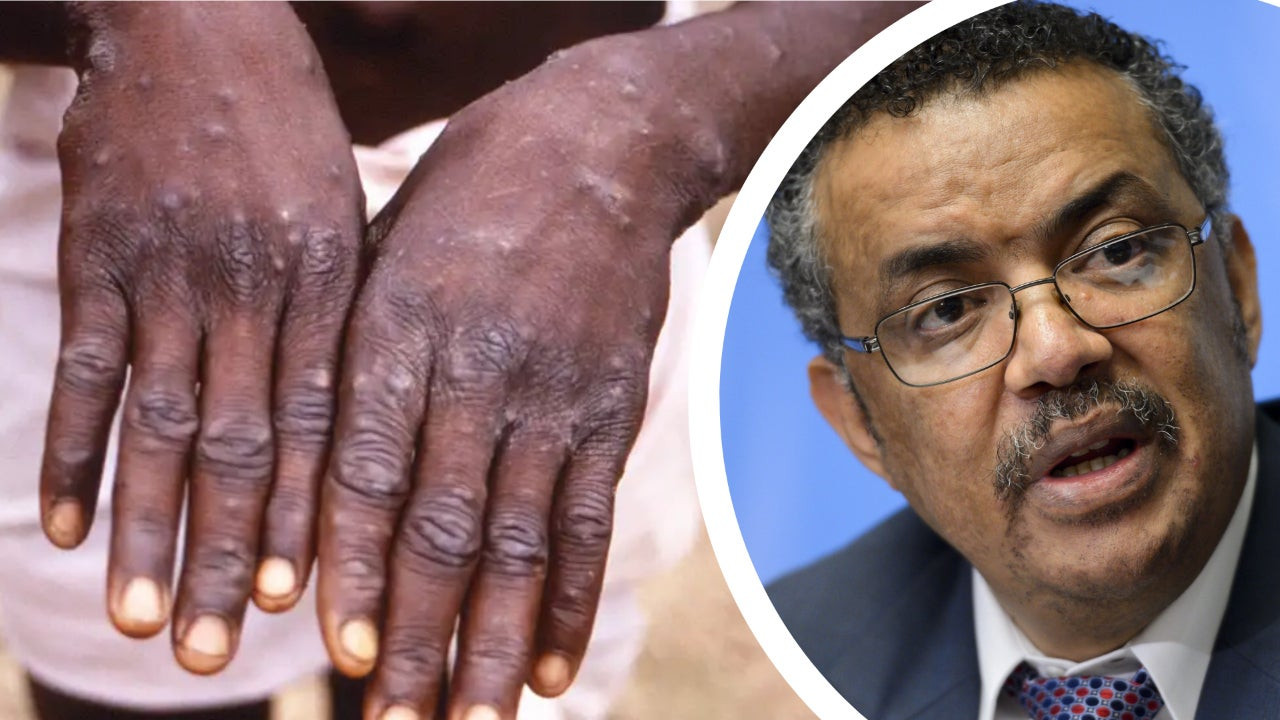Sarah Bagheni, a resident of the Bulengo displacement camp in eastern Congo, has been experiencing headaches, fever, and itchy skin lesions for days. However, she has no idea what could be causing her symptoms, and with limited access to medical facilities, she is unaware that she might be another case in a growing global health emergency. The recent alarming rise in mpox cases, including the emergence of a new form of the virus identified in eastern Congo, has led the World Health Organization (WHO) to declare it a global health emergency. This new variant could spread beyond the five African countries where it has already been detected, highlighting the urgency of the situation.
The Democratic Republic of Congo (DRC), home to over 96% of the world's 17,000 recorded mpox cases this year, has experienced a surge in cases and over 500 deaths. This outbreak has particularly affected vulnerable populations like those in the Bulengo camp, where many are unaware of the disease or its risks.
Mpox's Impact on Displacement Camps
The situation in the Bulengo camp, with its dire conditions and limited medical facilities, exemplifies the challenges faced in controlling the spread of mpox. Thousands of people are crowded into overcrowded tents, making it impossible to prevent the virus's transmission. The lack of testing and health campaigns further exacerbates the situation, leaving many undiagnosed and potentially infectious.
The impact of the outbreak is not confined to the Bulengo camp. Around 70% of new mpox cases in the Goma area in the last two months have been reported from displacement camps. Cases range from a month-old baby to a 90-year-old, highlighting the broad vulnerability of displaced populations.
Global Response and Concerns
The global community is facing a test of its preparedness and response to a potential pandemic. The WHO's emergency declaration comes after numerous warnings from experts who have long been calling for increased vaccination efforts in Africa.
The 2022 mpox outbreak, while largely contained in wealthy countries through vaccination and treatment, saw limited access to these resources in Africa. This inequity has re-emerged in the current crisis, with limited vaccine doses available in Congo and other affected African countries.
The new strain of mpox, first detected in a mining town in eastern Congo, could potentially spread more easily and cause more severe illness. This has raised alarm bells within the global health community, as it could pose a significant risk to countries beyond Africa.
The Need for a Coordinated Response
The current mpox outbreak is a critical test case for global health equity and pandemic preparedness. The lack of coordinated action in the past has led to a resurgence of the virus, particularly in Africa. A swift and robust response is crucial to prevent further spread and save lives.
The WHO's emergency declaration is a vital step in mobilizing global resources and attention. However, it is not enough. A commitment to equitable access to vaccines, treatments, and diagnostics is needed, especially in vulnerable populations like those living in displacement camps. The world must learn from the mistakes of the past and prioritize a global response that leaves no one behind.
The Future of Mpox
The emergence of a new, potentially more infectious strain of mpox highlights the need for continued vigilance and a global effort to address this emerging health threat. The recent declaration of a global health emergency should serve as a wake-up call, prompting countries to increase their efforts in prevention, treatment, and equitable access to resources.
The success of the response to this outbreak will be a major indicator of global health security and pandemic preparedness. It is crucial to ensure that lessons are learned and that future responses are more effective, equitable, and comprehensive.

















